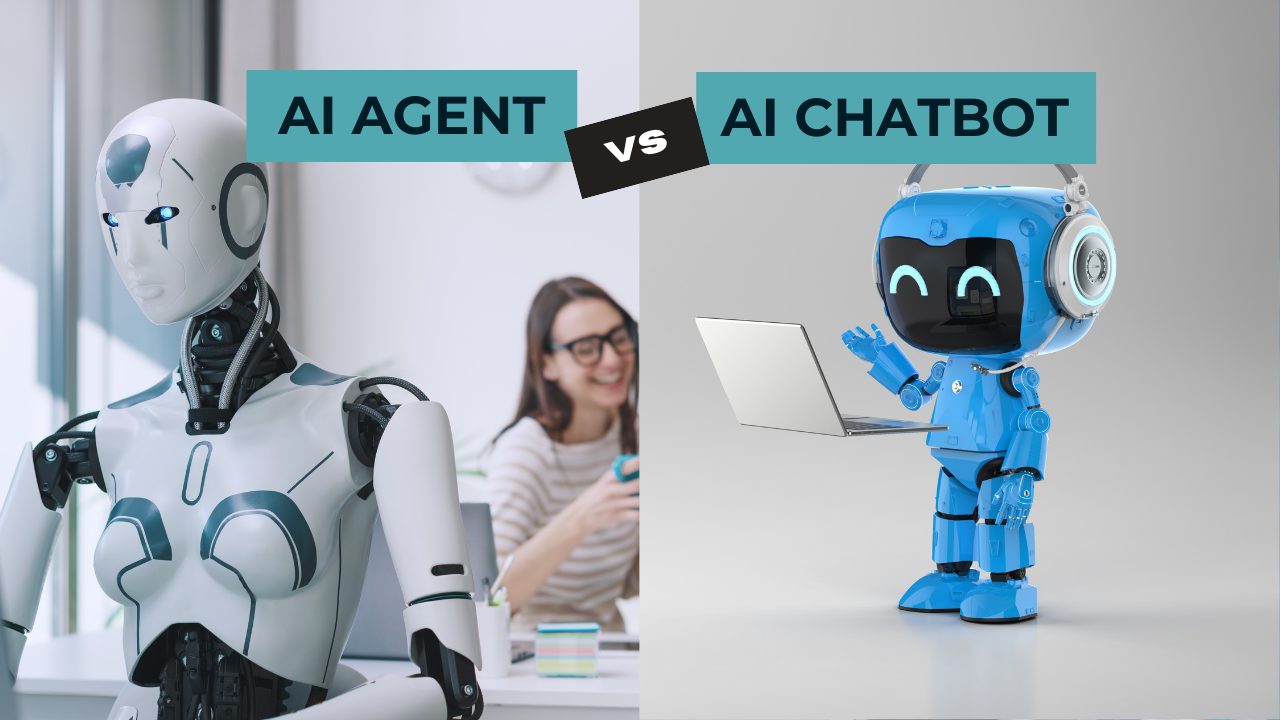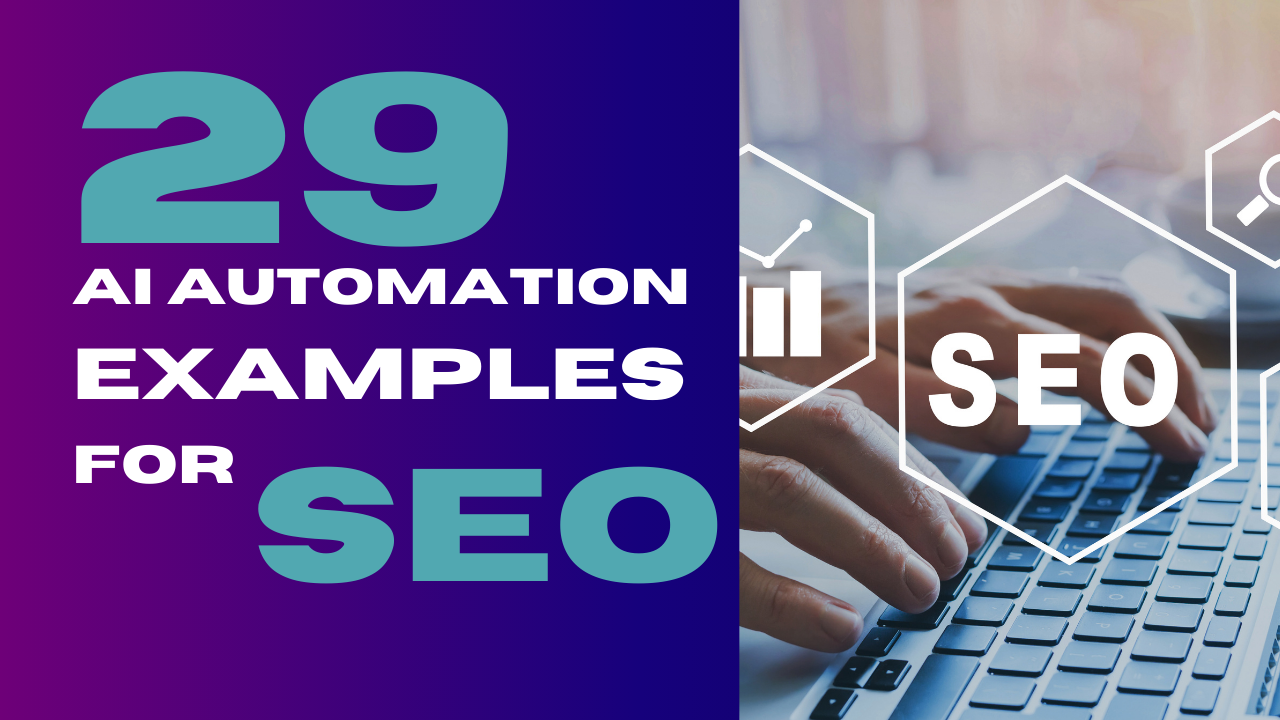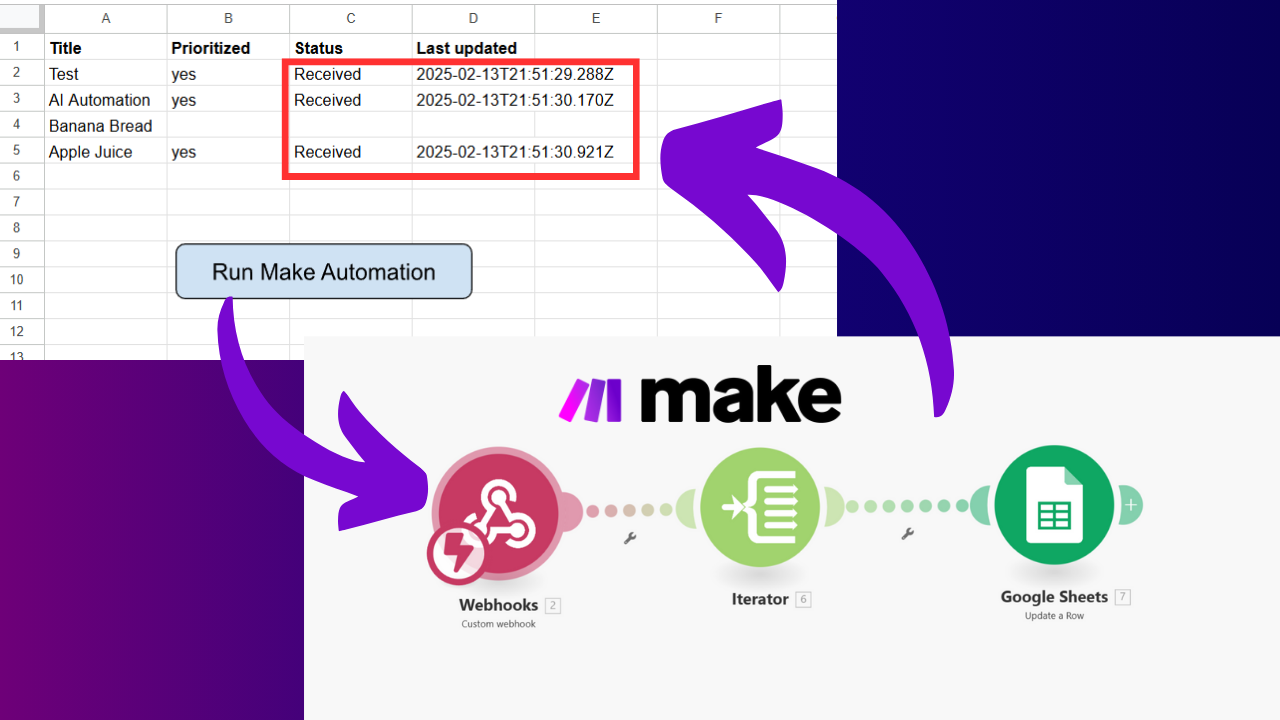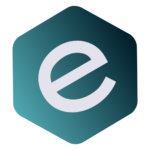When people say “AI Agent”, do they actually mean AI Agent, or rather AI Chatbot? More often than ever, I see people on Social Media (and even media sites) use both as a synonym for each other! But are they really the same thing?
Here’s the short answer:
AI Chatbots are designed for conversational interactions with the user. AI Agents, on the other hand, are “next-level” chatbots that are able to take actions, make decisions and operate autonomously. These agents are commonly used in AI Automation, whereas AI Chatbots, like ChatGPT, are often standalone tools.
Table of Contents
ToggleWhat’s what ?
AI Chatbots: ChatGPT, Gemini & co
AI Chatbots are literally what the name says.
They are chatting bots that are able to answer questions on a pre-trained dataset.
The most common AI Chatbots are:
- ChatGPT
- Claude
- Bard
- and more…
These AI Chatbots usually generate rule-based responses and are able to understand unstructured human input.
They are also great at analyzing big datasets and finding information, like FAQs, which comes in handy when being published on your website and trained on your websites data.
AI Agents: Chatbots 2.0 ?
To keep it short: AI Agents can do everything that AI Chatbots can do. And more!
However, their focus is not on the pure interaction with humans, instead AI Agents main purpose is to function (semi-) autonomously.
Meaning, that AI Agents can actually take decisions on their own and trigger actions in the background.
They are a big part of AI Automation and can be used, for example, as a virtual chat-based assistant on the website.
But not like a simple Chatbot. The Agent can actually book appointments, start calls, or create support tickets. (And much more)
What do AI Agents and AI Chatbots have in common?
From a users/customers perspective, they both seem extremely similar.
Both have a chat interface that allows to interact with it.
Also, they are both trained on custom-data and can understand human language.
Of course, they can both analyse big data sets and be used to answer questions or recommend products.
What are the differences between AI Agents and AI Chatbots?
There are two main differences between AI Agents and AI Chatbots:
Decision-Making Power
Chatbots are seemingly smart but at the end of the day, they’re just following scripts and their replies are based on the data they were being trained on. They are not supposed to take any actions, instead they will give you all the information you are looking for (and which it can provide).
AI Agents on the other hand, can take actual work off your hands and fulfill the task itself.
For example, If a customer has a complaint about an order:
The Chatbot will provide the customer with useful information on how to solve the problem. Maybe even provide the phone number for the support hotline or research some FAQs about a purchased product.
The AI Agent will actually understand that the users complaint requires an actual human to solve this. So it will collect the users order details and create a support ticket. Or, in some cases, it could even go along and cancel (refund) the whole order.
Task Complexity
AI Chatbots are very simple when you break down the task complexity.
You ask a question –> The Chatbot replies based on the trained data. That’s it.
An AI Agent on the other hand, is set up more complex.
You ask an AI Agent to schedule a meeting with your colleague –> The AI Agent will set up a meeting, invite your colleague, maybe even suggest a time when it sees a meeting conflict, and sets up a reminder an hour before the meeting.
Real-World Examples
Ok, now we’ve already learned about the commonality and differences of AI Agents and AI Chatbots. Let’s look at some real examples!
What are some AI Chatbot examples?
Although, the chatbot doesn’t have the same level of functionalities, there are still a lot of valid and useful applications of chatbots in the real world.
For example:
Basic customer support – Especially, if you have a service based business. It’s a good way for your customers to find out more about your products, services, or your company without manually looking for it. Big websites can get really confusing sometimes.
Appointment scheduling assistant – AI Chatbots can be a great tool to send the user links to schedule appointments or provide contact information based on the users needs.
FAQ responses – Imagine picking up your phone and answering your customers questions. And you get the same questions over and over again. That’s so 2021! An AI Chatbot will take care of this.
Product recommendation – If you break it down, some products and services, especially tiered-ones follow a strict set of rules to define which one is best for a customer. The Chatbot could ask the customer to identify his/her requirements and recommend a product that fit’s these requirements best.
What are some AI Agent examples?
AI Agents are more task-based and they have the actual ‘power’ to take actions themselves.
Some AI Agent examples are:
Order tracking – The AI Agent could be connected to the e-commerce backend and provide the customer with user-specific data, like the status of their order.
Personal Assistant – You could integrate the AI Agent to be your personal assistant. The agent could take over organizational tasks, like summarizing emails, booking appointments, calling vendors, and so on. The only limitation would be the trust that you are put into your Agent to do tasks for you.
AI Automation/ Process automation – Now, this is pretty broad. But it is supposed to be! Basically, an AI Agent can, in theory, trigger any kind of automation workflow you can think of, and use all the tools it’s been connected to.
AI Agent vs AI Chatbot – Which one you should chose
Why pick a Ford Fiesta when you can have a Ferrari F40?
The choice might be obvious at first but looking more pragmatic at this, you will see that a Ford Fiesta has actually a lot of benefits compared to a Tesla.
So does an AI Chatbot compared to an AI Agent. Let’s me explain.
When to choose a Chatbot:
Whenever you only need to handle basic queries like searching through your internal documents.
When you only have a limited budget. They are not as sophisticated but will already save you tons of time, for example in customer support.
When you are just starting off with AI. Don’t rush into creating an AI Agent that might not even be helpful for you. An AI Chatbot can easily develop into an AI Agent later on.
When you want AI to support you instead of you supporting the AI. AI can’t replace humans (yet). Leverage it instead in a supporting role and use it for research or acquiring knowledge.
When to Choose an AI Agent:
When you are familiar with AI. You should be aware of the risks and be able to evaluate the capabilities of AI. It’s the same like hiring a new employee. You only want high-quality, low-risk employees that benefit your business.
When you have the budget for it. A custom-trained, sophisticated AI Agent could cost you well over 10.000 USD, not including the upkeep (If you let someone build it for you). If you want to regularly re-train the Agent and adjust it further to automate more business processes, it will require a lot of effort and experts to do this.
When you want to automate your business processes with AI. If you want AI to actually do things for you, you will need an AI Agent.
When you need your AI Agent to grow dynamically. You want your business to grow. This means, that also your processes are evolving and getting more complex. An AI Agent could handle this.
When you want to scale operations. If you can train an AI to do a specific task for you, you can also scale your operations, without hiring more employees.
Implementation Tips
Artificial Intelligence is still in it’s early stage and, although it can be benefitial for your business, you should start to get familiar with it first.
Start with a small use case: You first ever AI implementation should not be a sophisticated AI Agent. Start with a custom-trained AI Chatbot first and see whether it’s really useful for you or your customers. Evolve from there.
Define your main KPI(s): What problem do you actually want to solve with AI? Do you want to have it because it’s fancy? Or do you maybe want to reduce the effort you spent in customers support? Define your single most important KPI, like “time spent on customer support inquiries” to have a clear focus.
Don’t look for perfection: It’s literally the same as if you were to hire a new employee. If you know what you are looking for, you will be able to guesstimate your candidates performance. But there will always be room for improvement. 0-1 is also an improvement!
Measure and improve your KPIs. Make sure you set fixed dates to analyze the current performance of your AI integration. Did it really improve your daily life? How can we do even better? Keep track and compare your KPIs, identify the next steps and revisit after some time. This will also help you to understand which changes really were effective and which weren’t.
Gather feedback from users and employees. At the end of the day, we want AI to make our lives easier, save time or generate more money for our business. Keep your employees and customers in the loop and try to get their feedback regularly to further improve your implementation.
If you are looking for some best practices when implementing AI Automation into your business, you can have a look at my post about AI Automation Best practices.
Which tools to create AI Agents and Chatbots
You don’t need to be an AI or Software developer to create your own AI Agent or AI Chatbot.
If you only want to create an internal chatbot that is trained on your data or specialized in a specific field, a custom GPT would be more than sufficient.
The next iteration would be a conversational chatbot, that you could integrate into your website, social media or even Slack and Microsoft Teams. For this, I would recommend tools like BotPress or Voiceflow.
Creating AI Agents can be built on top of these botpress or voiceflow chatbots when including automations. This can be done via custom-code solutions (very sophisticated) or, if you want to have an easier solution, you could use Automation tools like N8n, Make or Zapier.
If you want to know, which tool is right for you, you can check out my complete comparison for these three tools.
Future Outlook
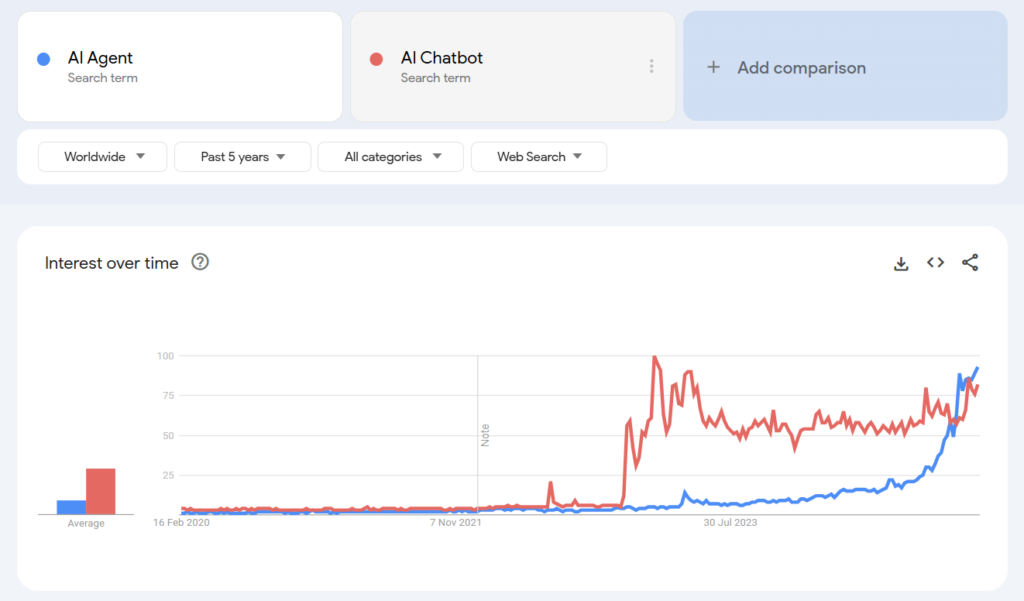
AI Agents and Chatbots are not only a hype. They will actually keep getting more powerful and sophisticated, and the society is starting to get used to them since ChatGPT first came out.
Since then, the capabilities of these AI tools have already increased dramatically, and this development will go on, making AI Agents even more powerful in the future.
Right now, we already see a big increase in interest. And a few years down the line, every school, every barber and probably even bakeries will have their own AI Agent, taking over customer support (and other tasks of course).
My take on this
Let me put a big emphasis on ‘in the future‘.
I truly believe that AI Agents will have a similar impact for the society, like the invention of the internet had.
It will change the way we work, the way we research, revolutionize the education industry and make information even more accessible than the internet was able to do.
It will level us up as humans and solve problems we were never able to solve before (as humanity).
But right now, AI Agents are simply not ‘there’, yet. They can’t, and probably never will be, able to replace humans. Like the internet, or the moving assembly line, AI Agents will solely exist to support us.
And they should be seen like that. As something that supports us. Not doing things for us.
You might want your AI Agent to read and analyze your emails, maybe even suggest a response. But you don’t want it to take full control over your email inbox. And neither do your customers.
